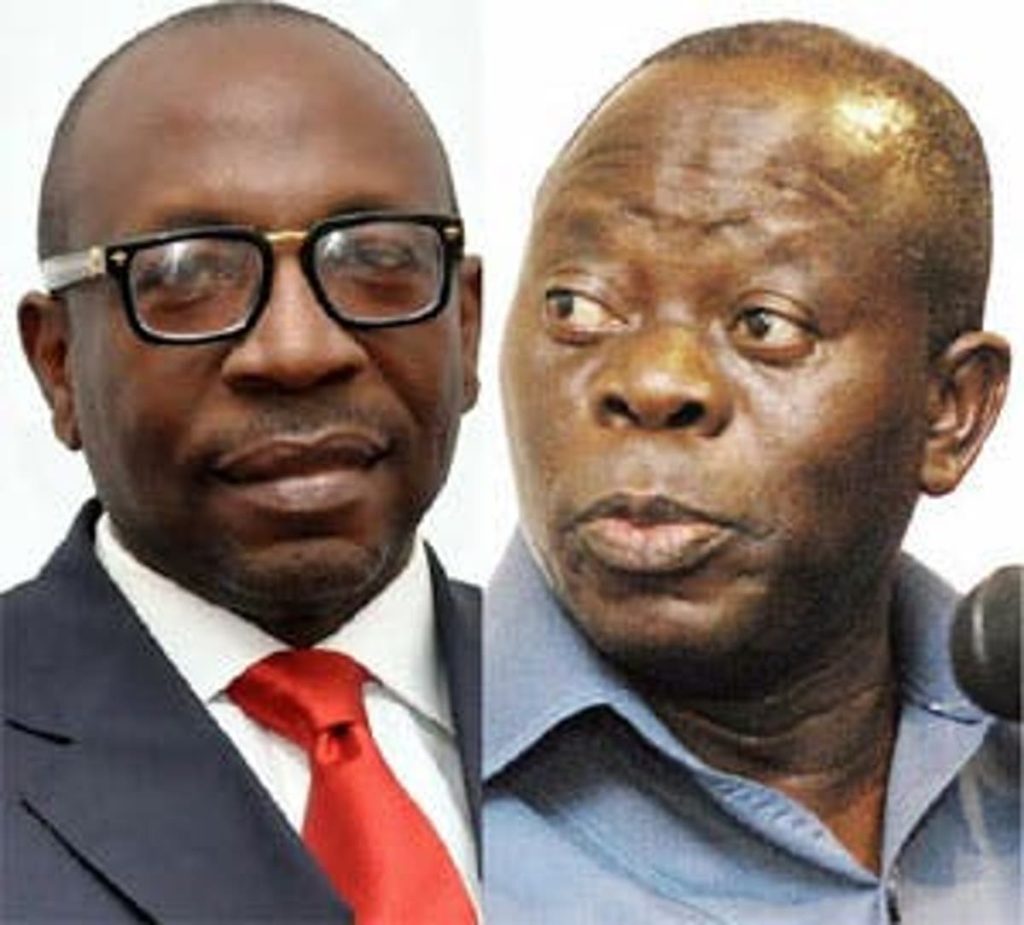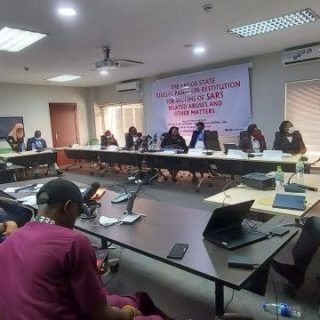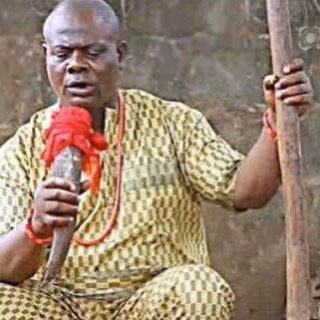Citizen is a column that explains how the government’s policies fucks citizens and how we can unfuck ourselves.
Godwin Obaseki has been declared the winner of the Edo Governorship elections, but what does his re-election mean for godfatherism in Nigerian politics?
Does this victory mean that so-called “Godfathers” are no more relevant in determining who wins an election in Nigeria?
Not Too Long Ago
In the run-up to the Edo Governorship elections, a lot of drama ensued. Godwin Obaseki, the sitting Governor of Edo State, was disqualified from the APC primary elections on the allegation that his certificates were irregular. He later moved to PDP, where he contested and won the PDP primary elections to become the PDP Governorship candidate.
Oshiomole’s Voice, Ize-Iyamu’s Hand
At the time, many said these occurrences were influenced by the then APC Chairman, Adams Oshiomole.
The story was that Oshiomole and his political godson, Obaseki, had a major disagreement, after which Oshiomole made sure to disallow Obaseki from contesting on the APC party platform. Oshiomole would later adopt Ize-Iyamu as his candidate for the governorship elections.
Now That Obaseki Has Won The Elections
The re-election of Godwin Obaseki presents new questions in Nigerian politics: can godsons now displace their political godfathers?
Do not forget that last year, Akinwunmi Ambode, the then governor of Lagos State, lost the APC primary elections and could not contest for a second term in office after he fell out with Bola Ahmed Tinubu and the so-called APC “structure” in the state.
So, what did Obaseki do right? And how can it be replicated by other godfatherless contestants? Maybe we’ll have to go to Edo State to ask Godwin Obaseki himself.






